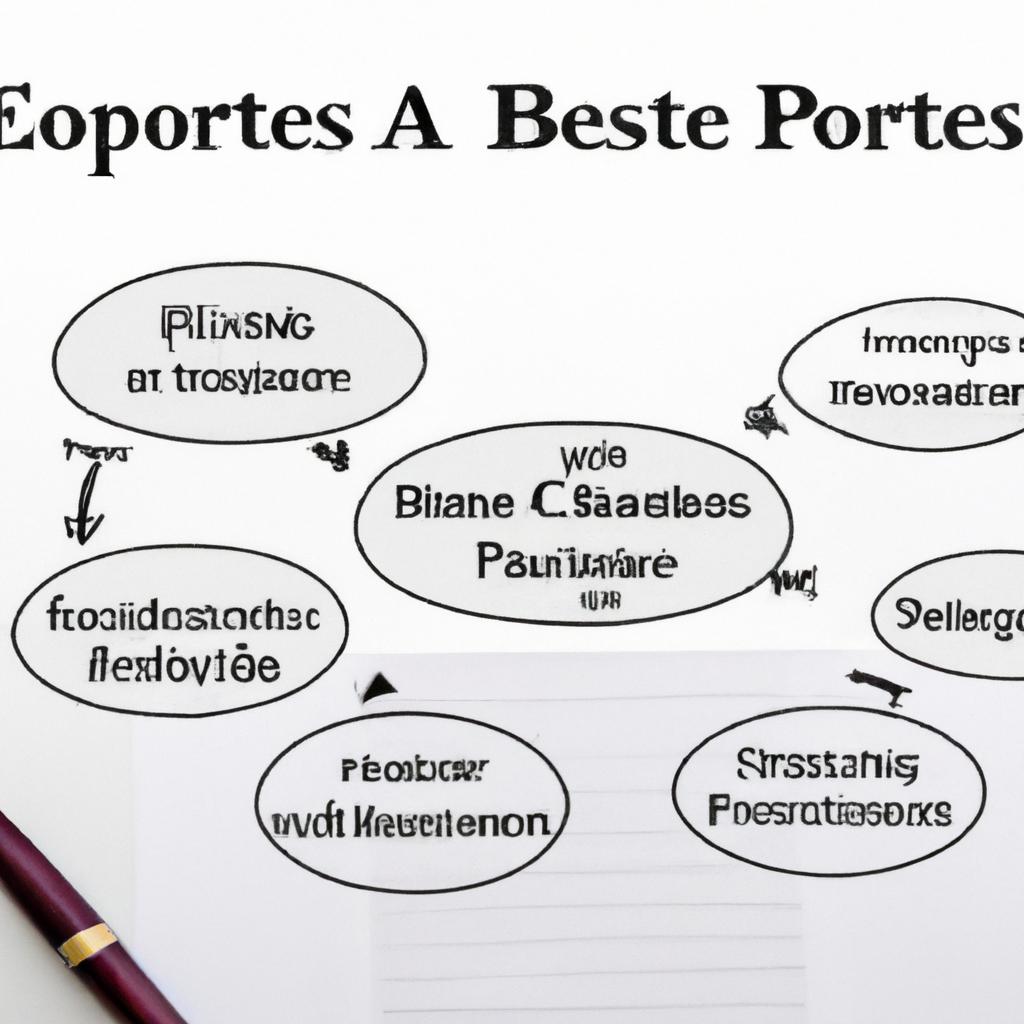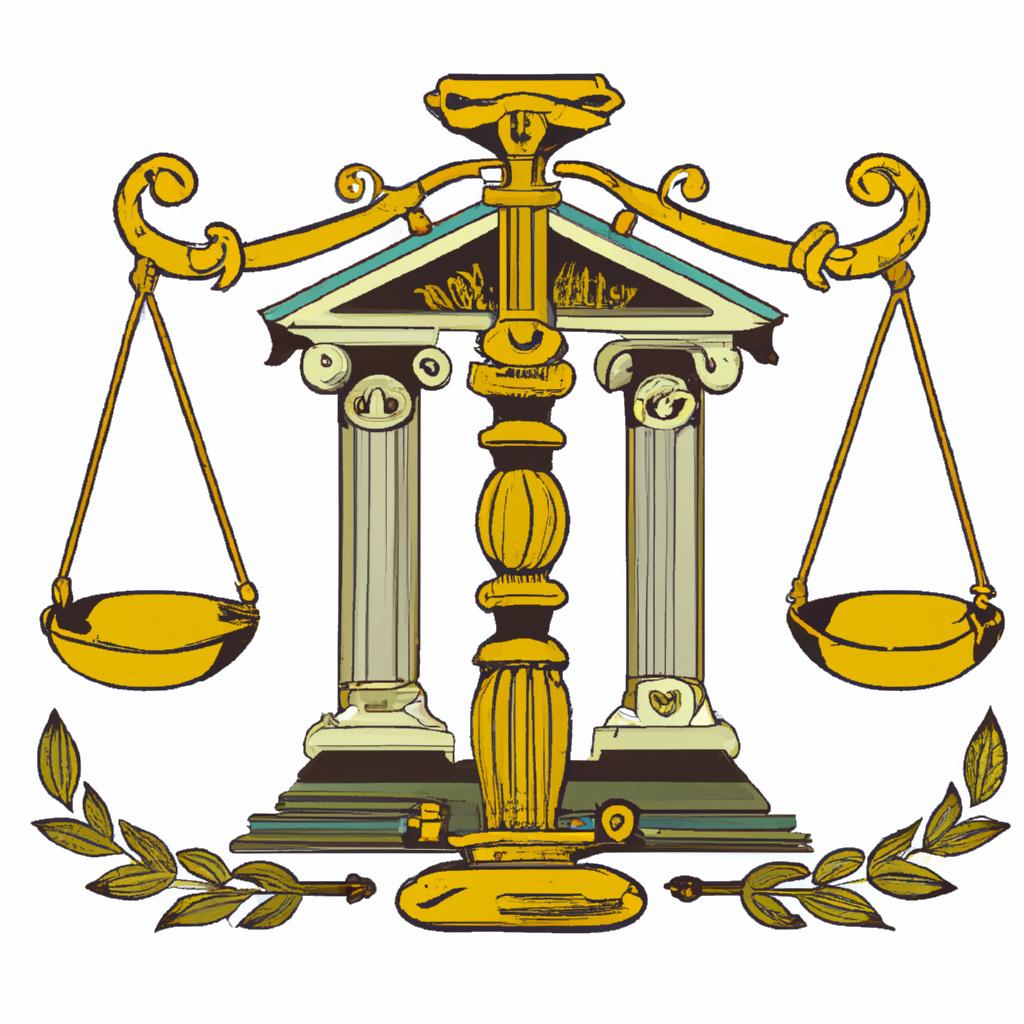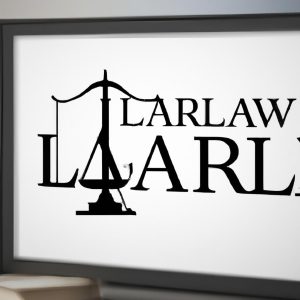Navigating the complexities of probate can be a daunting task for many individuals, particularly when it comes to the question of whether all deaths must go through this legal process. As experienced estate planning lawyers at Morgan Legal Group in the heart of New York City, we understand the importance of clarifying this issue to provide peace of mind and clarity for our clients. In this article, we will delve into the intricacies of probate and explore the circumstances in which it may or may not be necessary for the administration of an estate. Join us as we unravel this often misunderstood aspect of the law and shed light on the path forward for those facing the challenging aftermath of a loved one’s passing.
Understanding the Probate Process for Different Types of Assets
When a person passes away, their assets are typically subject to the probate process. However, not all assets have to go through probate. Certain types of assets can pass outside of probate, which can simplify the distribution process for beneficiaries. Understanding the different types of assets and how they are handled during probate can help ensure a smoother and more efficient administration of the estate.
In general, assets that are held solely in the deceased person’s name are subject to probate, while assets that have designated beneficiaries or are held in joint tenancy may bypass probate. Common types of assets that may avoid probate include:
- Life insurance policies with designated beneficiaries
- Retirement accounts with named beneficiaries
- Bank accounts held jointly with right of survivorship
- Trust assets

Exploring Exceptions to the Probate Requirement
When someone passes away, their estate typically goes through the probate process to settle debts and distribute assets to beneficiaries. However, not all deaths automatically require probate. There are exceptions to this requirement that can simplify the transfer of assets and save time and money for all involved. Here are some common exceptions to the probate requirement:
- Small estates: In some states, estates valued below a certain threshold may be eligible for simplified probate procedures or may be exempt from probate altogether.
- Jointly owned property: Assets held jointly with rights of survivorship pass directly to the surviving owner and do not need to go through probate.
- Beneficiary designations: Life insurance policies, retirement accounts, and payable-on-death accounts bypass probate and go directly to the named beneficiaries.
| Exception | Description |
| Transfer on Death Deeds | Allows for the transfer of real property to beneficiaries without probate. |
| Living Trusts | Assets held in a trust do not go through probate and can be distributed according to the trust document. |

Analyzing the Benefits of Estate Planning Strategies to Avoid Probate
When it comes to estate planning, many individuals are concerned about the probate process and its potential implications on their assets. Probate is the legal process through which a deceased person’s assets are distributed to their heirs and beneficiaries. While probate is a necessary step in many cases, there are estate planning strategies that can help individuals avoid the probate process altogether.
One such strategy is the creation of a revocable living trust. By transferring assets into a trust, individuals can ensure that their assets are distributed according to their wishes without the need for probate. Additionally, other estate planning tools, such as beneficiary designations on retirement accounts and life insurance policies, can help assets pass directly to beneficiaries outside of probate. By carefully crafting an estate plan that includes these strategies, individuals can minimize the time and costs associated with the probate process, as well as maintain privacy and control over their assets.

Consulting with an Experienced Probate Attorney for Individualized Guidance
Probate is a legal process that involves the settling of a deceased individual’s estate. Not all deaths necessarily go through probate, as it depends on the specific circumstances surrounding the deceased person’s assets and liabilities. It is important to consult with an experienced probate attorney to determine if probate is necessary in your case.
When consulting with a probate attorney, you will receive individualized guidance tailored to your unique situation. A probate attorney can help you navigate the complexities of the probate process, including identifying and valuing assets, paying debts and taxes, and distributing assets to beneficiaries. By working with a knowledgeable probate attorney, you can ensure that the probate process is handled efficiently and effectively, minimizing stress and delays.
Q&A
Q: Do all deaths go through probate?
A: Not necessarily. Probate is typically required for individuals who die with assets that are solely in their name and exceed a certain value threshold. However, there are certain circumstances where probate may not be necessary.
Q: What are some reasons why a death may not go through probate?
A: If the deceased had a living trust or assets held jointly with rights of survivorship, those assets may pass outside of probate. Additionally, assets with designated beneficiaries such as life insurance policies or retirement accounts may also bypass probate.
Q: How can one avoid probate after death?
A: Setting up a living trust, designating beneficiaries on accounts, owning property jointly, and creating payable-on-death designations are all strategies that can help assets pass outside of probate. It is important to consult with a legal professional to determine the best approach for your individual situation.
Q: What are some disadvantages of probate?
A: Probate can be a lengthy and expensive process, tying up assets and delaying distribution to heirs. It also lacks privacy as probate proceedings are a matter of public record. Avoiding probate can help streamline the estate administration process and protect your privacy.
The Conclusion
In conclusion, while not all deaths necessarily go through probate, it is important to understand the process and how it may apply to your specific situation. Whether it’s creating a will, establishing a trust, or simply knowing the laws in your state, being proactive in planning for the future can help ease the burden on your loved ones and ensure your final wishes are carried out smoothly. Remember, death is a natural part of life, but with proper preparation, you can help make the process a little bit easier for those left behind.







